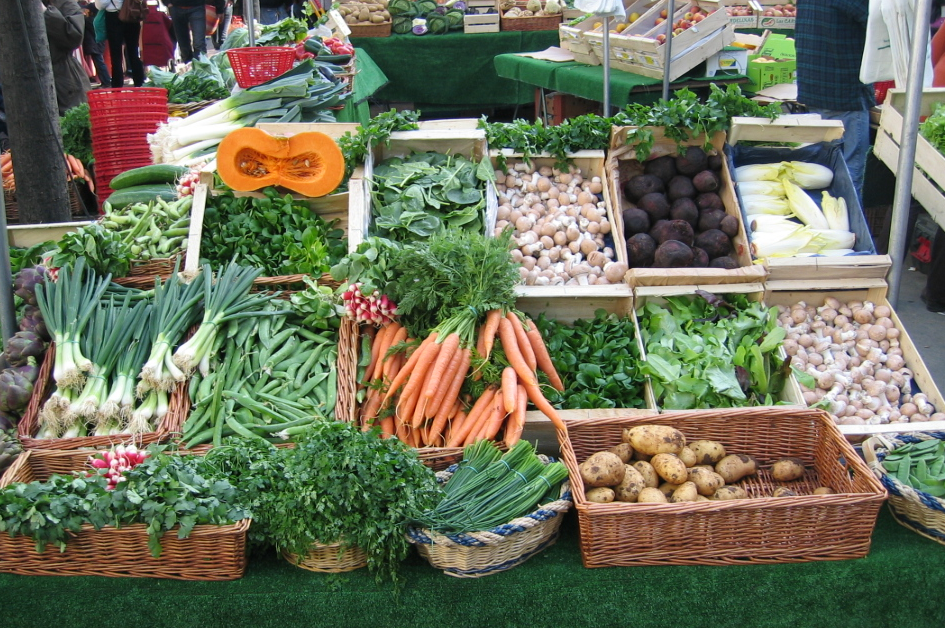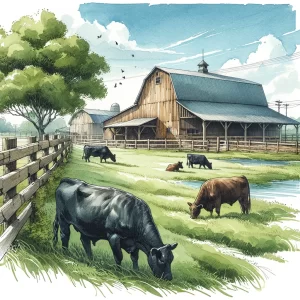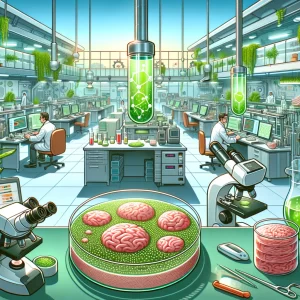
Why Your Plant-Based Goals Might Depend on Your Family
You’ve committed to going plant-based. You swap your bacon for tempeh, your milk for oat, your BBQ chicken for… jackfruit? You’re ready to take on the world—until dinner with your family rolls around. Suddenly, your new lifestyle is getting side-eyes from Dad, sighs from Mom, and a sarcastic “Where’s the real food?” from your sibling.
Sound familiar?
Well, you’re not alone. And now, science is officially backing you up. A brand-new study out of Lancaster University just revealed that your success in sticking to a plant-forward diet might have less to do with your cravings—and more to do with how flexible and supportive your family is.
Let’s break it down.
Going Plant-Based Is a Team Sport (Who Knew?)
For years, researchers have been shouting from the rooftops about how plant-based diets are good for your health and the planet. Less heart disease! Fewer emissions! More kale for everyone!
But switching to a diet with fewer animal products isn’t as simple as adding tofu to your grocery list. Why? Because food isn’t just fuel—it’s family. Dinner is a ritual. Recipes are tradition. And meat, for a lot of households, is love on a plate.
So, when one family member goes off-script and decides to ditch animal products, it can feel like dropping a tofu bomb into the middle of taco night.
That’s where this study gets juicy.
The Study: Plant-Based Pioneers vs. Family Dynamics
Researchers recruited 84 college students who were actively trying to reduce their intake of animal products—meat, dairy, eggs, the whole barnyard. The twist? These students were all living back at home with their families during school breaks.
For two weeks, participants logged their meals, tracked how much support (or sass) they got from their families, and journaled about how their dietary changes affected the vibe at home. They were also assessed for “relational climate”—a fancy term for how emotionally bonded (cohesive) and adaptable (flexible) their family was.
The idea? To find out: Does a supportive, go-with-the-flow family make it easier to stick with plant-based goals?
Spoiler: Absolutely.
The Results: Tofu Triumphs in Flexible Families
Here’s what the researchers found:
🥦 Support = Success. The more support participants felt from their families—whether that was parents trying plant-based meals, adjusting recipes, or just not mocking their chickpea curry—the more likely they were to stick with their goals.
🔥 Tension = Trouble. Participants who reported tension—think eye rolls, “you’re ruining dinner” comments, or outright exclusion from meals—were more likely to abandon their dietary changes.
🔁 Balance is Key. Families that were neither too emotionally distant nor clingy (“Why don’t you eat what we eat?”) created the best environment for change. Likewise, families that could adapt roles and rules (e.g., “Let’s try a Meatless Monday!”) were more successful.
🍝 Harmony Helps. When families were already in sync on things like shopping, cooking, and eating together, plant-based transitions went smoother. Think fajitas where everyone builds their own plate—meat or no meat.
The Human Side: What People Actually Wrote
Participants didn’t just check boxes—they shared stories. Some were heartwarming:
“My mum bought me vegan croissants. It was really kind and made me feel supported.”
Others? Not so much:
“My family made dinner without any vegetarian options, and my uncle questioned my food choices. I felt judged and upset.”
And some showed the painful tug-of-war between personal goals and family loyalty:
“I wanted to stick to my diet, but my dad made this big effort cooking. I didn’t want to offend him… so I ate the meat and felt guilty.”
These real-life entries show that plant-based eating isn’t just about kale and quinoa—it’s about connection. The strongest plant-based eaters weren’t necessarily the most disciplined. They were the most supported.
So What? Why This Matters
Here’s the big takeaway: If we want people to adopt more sustainable diets, we can’t just toss them a cookbook and wish them luck. We need to zoom out and look at the dinner table as a system—a mini society with its own rules, power dynamics, and feelings.
Want to eat less meat? Awesome. But if your family thinks plant-based means you’ve joined a cult, you’re going to hit roadblocks.
This study suggests real change happens when families talk, plan, and adapt together. Like swapping “meat and two veg” for “build-your-own burrito bowls,” or cooking different proteins but sharing the same side dishes. It’s not about making everyone go vegan—it’s about finding shared ground on the plate.
What’s Next? From Kale to Culture Shift
If you’re considering a plant-forward diet, don’t go it alone. Talk with your people. Share why it matters to you—whether it’s for your health, the planet, or that goat yoga class you just started.
Better yet, invite them in. Try one new recipe together. Plan a plant-based meal for a Sunday dinner. Make it less “I’m changing everything” and more “let’s try something new together.”
And if you’re a family member of someone making this shift, know this: A little curiosity, a little effort, and a lot less judgment can go a long way. You might even find a new favorite dish in the process.
Let’s Explore Together 🥕🌎
This research doesn’t just show us what’s happening at the dinner table—it gives us a roadmap for building more compassionate, sustainable, and flexible food cultures.
So now, we want to hear from you!
- Have you tried to go plant-based? How did your family react?
- What’s the biggest challenge—or surprise—you’ve faced when changing your diet?
- What’s your go-to meatless meal that even skeptical relatives love?
Drop a comment, share this post, or tag a friend who’s always pushing tofu like it’s a personality. Let’s build a better food future, one family dinner at a time.
Explore and Learn
Now, more than ever, we need science to guide critical decisions. Dive into groundbreaking research and inspiring stories with This Week in Science! Perfect for teachers and science enthusiasts, our free weekly newsletter gives you the tools to expand your knowledge and fight misinformation. Act now—join today to make sure science has a louder voice in shaping our future. If you liked this blog, please share it—your referrals help us amplify science’s impact.



